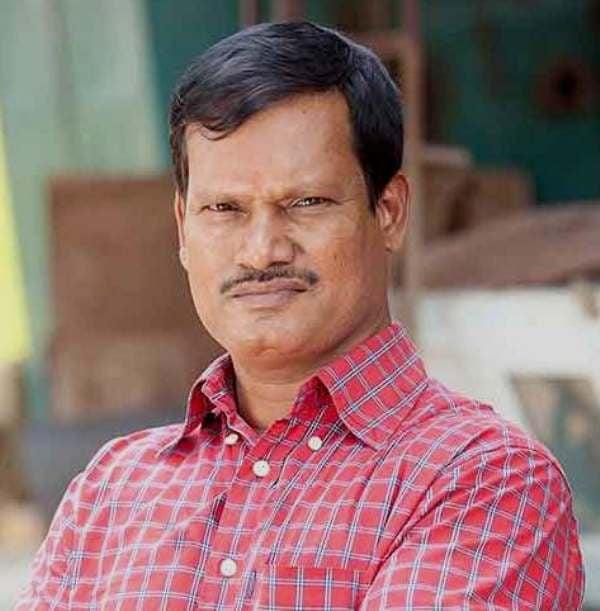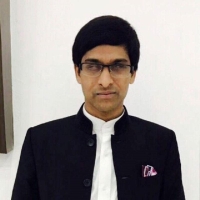| He was born into a family of hand-loom weavers in Coimbatore, India. |
| When Muruganantham was still a child, his father died in a road accident. |
| After his father’s demise, Muruganantham grew up in poverty. |
| To help in his studies, his mother worked as a farm laborer. |
| At the age of fourteen, he dropped out of school. |
| For subsistence, he did odd jobs like as a farm laborer, a machine tool operator, a welder, etc. He also supplied food to factory workers. |
| After marrying his wife Shanthi in 1998, he discovered his wife collecting newspapers and filthy rags to use as sanitary napkins during her menstrual cycle. |
| The incident invoked Muruganantham to do something in the direction, and he started designing experimental pads. |
| Initially, he used cotton to make pads, which were rejected by his wife and sisters. They also refused to be the test subjects for his innovations. |
| After realizing the cost difference between raw materials and end products, he faced challenges finding female volunteers to test his inventions. |
| He approached female students of his local medical college, but it didn't work in his favor. |
| He decided to test the inventions on himself using a makeshift "uterus" filled with goat's blood. |
| The experiment led to societal backlash, causing his wife and mother to leave him. |
| Despite challenges, he continued his efforts to create affordable sanitary pads. |
| With the help of a college professor, he learned that sanitary pads were made from cellulose, not cotton. |
| It took him over two years to discover the materials used in making sanitary pads. |
| He innovated a low-cost method for producing sanitary towels over several years. |
| His machine won a National Innovation Award after being entered by IIT Madras scientists. |
| Jayaashree Industries markets low-cost sanitary napkin-making machines to rural women in India. |
| He is focused on breaking taboos around menstrual health in India. |
| He aimed to provide jobs to one million poor women, now aiming for 10 million worldwide. |
| His machines are now expanding to 106 countries, creating job opportunities for rural women. |


